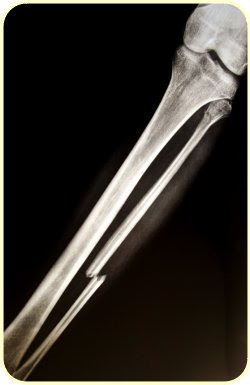 By TIMBERLY ROSS, Associated Press Writer Wed Feb 14, 11:14 PM ET
By TIMBERLY ROSS, Associated Press Writer Wed Feb 14, 11:14 PM ET
OMAHA, Neb. – Very active young women who took higher-than-recommended doses of calcium and vitamin D supplements for eight weeks had fewer stress fractures than women who were given dummy pills, a study of Naval recruits showed.
“What really surprised us is that calcium/vitamin D supplements made a significant difference in such a short period of time,” said lead researcher Joan Lappe of Creighton University. “Frankly, we were not sure we would see any statistically significant results in only eight weeks.”
The study, funded by the Department of Defense , was presented recently at the Orthopaedic Research Society‘s annual meeting in San Diego.
The body uses calcium to build and repair bones. Vitamin D helps the body absorb calcium.
The government recommends 1,000 milligrams of calcium and 200 IUs of vitamin D each day for women ages 19 to 50. However, young women generally don‘t get enough of these important ingredients.
Roughly 3,700 women, ages 17 to 35, training at the Great Lakes Naval Training Center in Great Lakes, Ill., participated in the full study. About half were given supplements with the higher amounts of calcium and vitamin D over their eight-week training periods. The other half took placebos. Fewer fractures were reported among the women who took the supplements.
Dr. Murray J. Favus, the director of the University of Chicago‘s bone program who often sees stress fractures among young, active women, said the findings were the first to show how such injuries can be reduced.
Favus and Lappe both suggested the study would have implications for people outside the military.
By TIMBERLY ROSS, Associated Press Writer Wed Feb 14, 11:14 PM ET
OMAHA, Neb. – Very active young women who took higher-than-recommended doses of calcium and vitamin D supplements for eight weeks had fewer stress fractures than women who were given dummy pills, a study of Naval recruits showed.
“What really surprised us is that calcium/vitamin D supplements made a significant difference in such a short period of time,” said lead researcher Joan Lappe of Creighton University. “Frankly, we were not sure we would see any statistically significant results in only eight weeks.”
The study, funded by the Department of Defense , was presented recently at the Orthopaedic Research Society‘s annual meeting in San Diego.
The body uses calcium to build and repair bones. Vitamin D helps the body absorb calcium.
The government recommends 1,000 milligrams of calcium and 200 IUs of vitamin D each day for women ages 19 to 50. However, young women generally don‘t get enough of these important ingredients.
Roughly 3,700 women, ages 17 to 35, training at the Great Lakes Naval Training Center in Great Lakes, Ill., participated in the full study. About half were given supplements with the higher amounts of calcium and vitamin D over their eight-week training periods. The other half took placebos. Fewer fractures were reported among the women who took the supplements.
Dr. Murray J. Favus, the director of the University of Chicago‘s bone program who often sees stress fractures among young, active women, said the findings were the first to show how such injuries can be reduced.
Favus and Lappe both suggested the study would have implications for people outside the military.

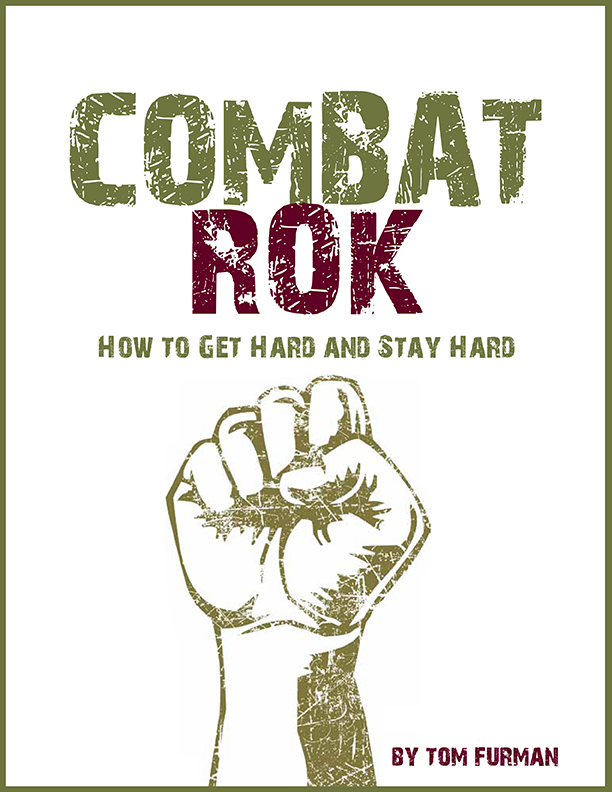
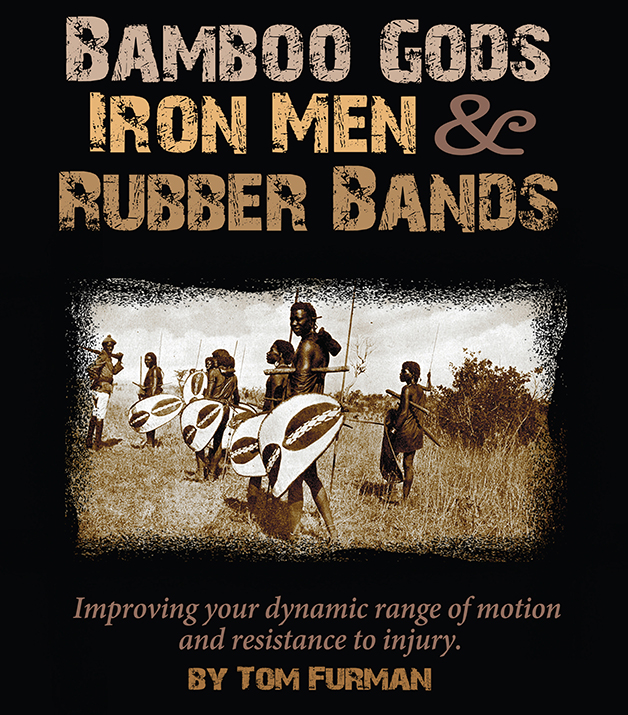
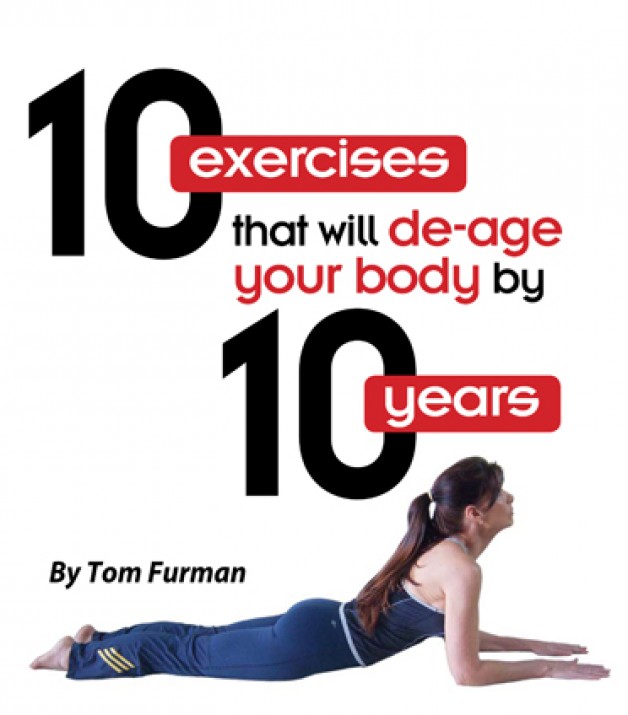
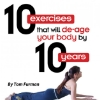


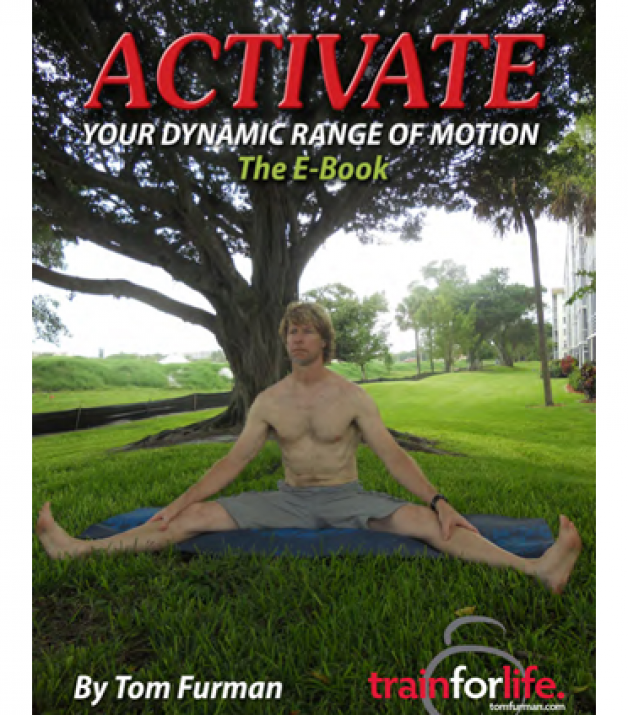

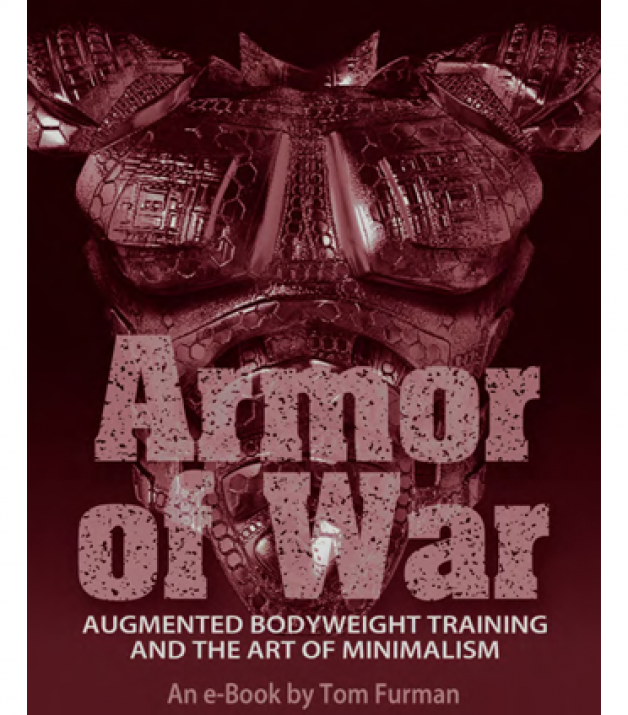

Nice man, I liked the article.